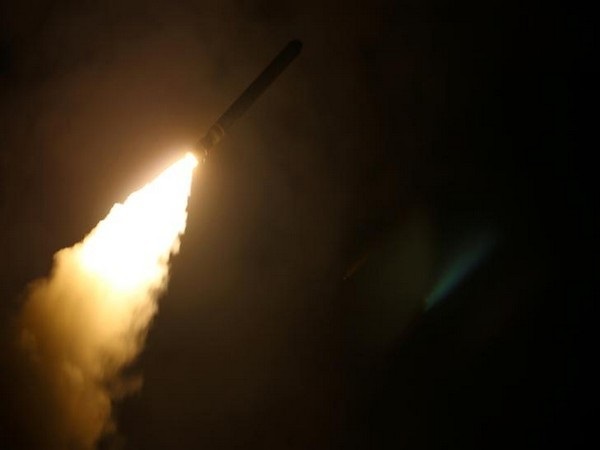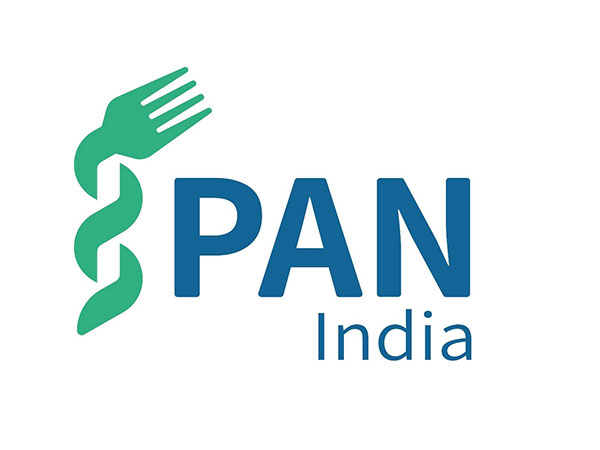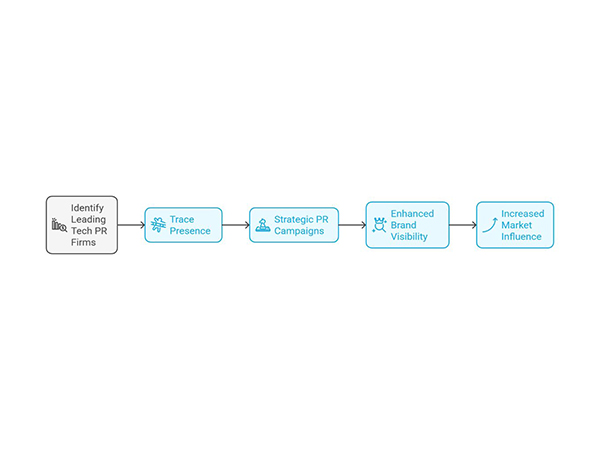Israel continues airstrikes on Lebanese capital
Oct 04, 2024
Beirut [Lebanon], October 4: Israel has carried out air strikes on central Beirut after suffering its deadliest day on the Lebanese front in a year of clashes with Hezbollah.
The Israel Defense Forces (IDF) said on Thursday it had carried out a precision airstrike on the Lebanese capital Beirut early on Thursday (local time), according to Reuters. Witnesses reported hearing a loud explosion and a security source confirmed that the airstrike targeted a building in the Bachoura neighborhood of Beirut, near the Lebanese parliament. Lebanese health officials said at least six people were killed and seven injured in the new Israeli airstrike.
The IDF also claimed yesterday that it had killed 15 Hezbollah members after attacking a building used by the force in the southern Lebanese town of Bint Jbeil . Lebanese security officials said the same day that three missiles also hit the southern suburb of Dahiyeh, where Hezbollah leader Hassan Nasrallah was killed last week.
The deadliest day
The IDF launched a new offensive after eight of its soldiers were killed on the ground in southern Lebanon on October 2 when Israeli forces raided their northern neighbor in an operation against Hezbollah. It was the deadliest day for the IDF on the Lebanese front in the past year, according to Reuters. In a video message to the soldiers, Israeli Prime Minister Benjamin Netanyahu said: "We are at the peak of a difficult fight against the Iranian axis of evil that wants to destroy us. This will not happen because we will stand together..., we will win together."
Hezbollah said its members fought Israeli forces inside Lebanon on October 2, confirming the first ground clashes since Israeli forces crossed the border. Hezbollah claimed to have destroyed three Israeli Merkava tanks with rockets near the border town of Maroun El Ras.
Hezbollah also claimed to have repelled Israeli forces near several border towns and fired rockets at military posts inside Israel. Hezbollah media chief Mohammad Afif also stressed that the battles were only the "first round" and that Hezbollah had enough fighters, weapons and ammunition to repel Israel.
Meanwhile, the IDF said regular infantry and armored units joined ground operations in Lebanon on October 2. The addition of infantry and armored forces suggests the IDF's ground campaign in Lebanon could expand beyond limited raids, according to Reuters.
The IDF had previously said its offensive was aimed primarily at destroying tunnels and other infrastructure on the border and that it had no plans for a broader operation targeting Beirut in the north or major cities in southern Lebanon. However, the IDF issued new evacuation orders for more than 20 towns along the border in southern Lebanon on Thursday, instructing residents to move north of the Awali River, according to Reuters.
Earlier, Iran launched about 200 missiles at Israel in retaliation on the evening of October 1, claiming that the move was aimed at preventing Israel from taking further provocative actions. Israel and the US have warned of a strong response. However, US President Joe Biden said yesterday that he would not support any Israeli attack on Iran's nuclear facilities in response to the attack on the evening of October 1, and called on Israel to act "proportionately".
Lebanon's interim Prime Minister Najib Mikati said on October 2 that the country needed a ceasefire in the Israel-Hezbollah conflict, saying that about 1.2 million people in Lebanon had been displaced by Israeli attacks. On the same day, the G7 countries (including the US, Canada, Britain, France, Germany, Italy and Japan) pledged to work together to reduce tensions in the Middle East and stressed that a diplomatic solution "is still possible", according to AFP.
Source: Thanh Nien Newspaper








